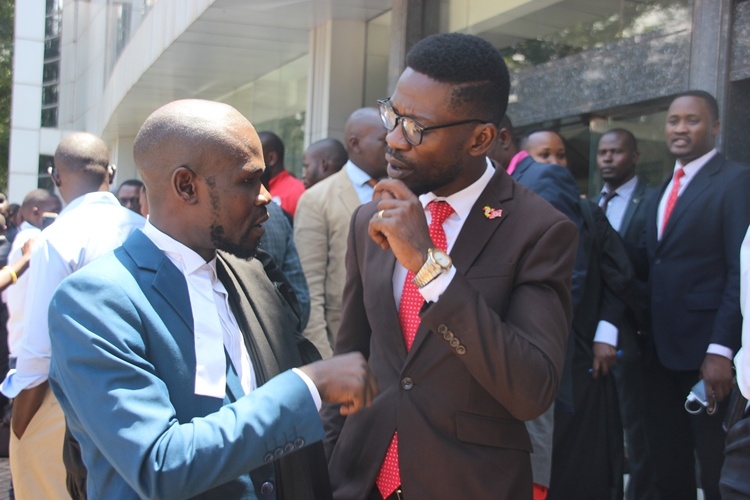On the 14th January, approximately 57% of eligible voters in Uganda casted their votes in the elections of the next President and Parliament. Although Uganda’s electoral commission already announced the victory of Yoweri Musveni, who has been ruling the country since 1986, there are still considerable doubts surrounding the legitimacy of the election.
There has been controversy surrounding the prohibition of internet access. The Uganda Communications Commission issued an official order to all internet service providers, demanding that they blocked all social media at 7pm on the 13th January. Nevertheless, many Uganda’s citizens faced technical difficulties while accessing social media since Thursday (two days before elections).
It was not the first time in the country’s history when the government decided to block a crucial part of the internet. In 2016, when Musveni was facing Kizza Besigye, a veteran activist, the government decided to take the same step.
In Uganda, as in many other countries, social media plays a crucial role during election campaigns. Although it was also utilised by president Musveni, his main opponent; Bobi Wine, was getting much more out of social media. Being half the age of the President, Wine attracted many young people, who represent the vast majority of both the population of Uganda and the internet users in that country. Wine was also forced to use Facebook as the platform for his news conferences, as the Government stopped him from appearing on state-controlled TV and radio stations. Yet through his use of Facebook, Wine gained many voters who were attracted to his reachability.
The origin of violent repression from the government reaches back to November 2020, when Bobi Wine was arrested “for allegedly breaching coronavirus rules”. Young protestors gathered in Kampala, capital city of Uganda, and called for Wine’s release using fire and barricades. The violent clashes with Ugandan security forces led to death of three people and injury of dozens. Protests also occurred in smaller cities and countrysides leading to the death of at least 54 people.
Throughout the weeks, the government decided to apply more restrictions on gatherings in several regions, predominantly where many of Wine’s supporters were based. They claimed that the reason behind that was the attempt to minimise the possibility of further spread of coronavirus. This decision didn’t stop ongoing riots. According to Human Rights Watch, on December 27th, a journalist was injured while covering a rally in Masaka, after police fired at him.
The violence was not stopped even after the official announcement of the winner of the elections. Both military and police gathered near Bobi Wine’s house where they held back journalists from reaching the politician. Joyce Bagala, the newest National Unity Platform legislator, described a situation which occurred near the house. According to her, legislator Franics Zaake, who was given access only to be stopped at the roadblock, was pulled from his car and beaten before being thrown into a police van. He was then transported to the Kasangati police station, where he was dropped. Bagala suggested that Zaake was badly beaten.
The situation in Uganda is still uncertain. Bobi Wine’s last tweet “Yes, for standing and defeating Gen. Museveni in an election, which he resoundingly rigged, I am still under house arrest 8 days later! I thank all friends in Uganda and abroad who continue to stand with us, until we put an end to this indignity. Uganda will be free.” seems to show that the dispute is not yet over.
Basia Jankowiak
Image source: Wikimedia Commons

